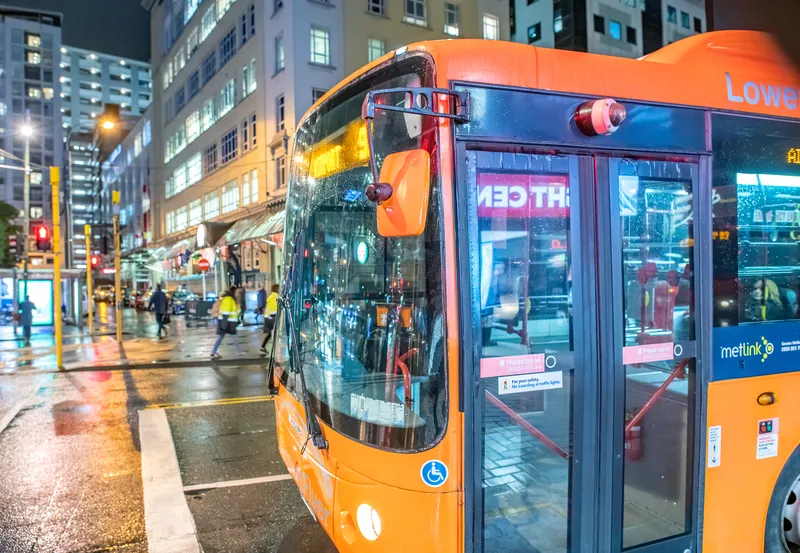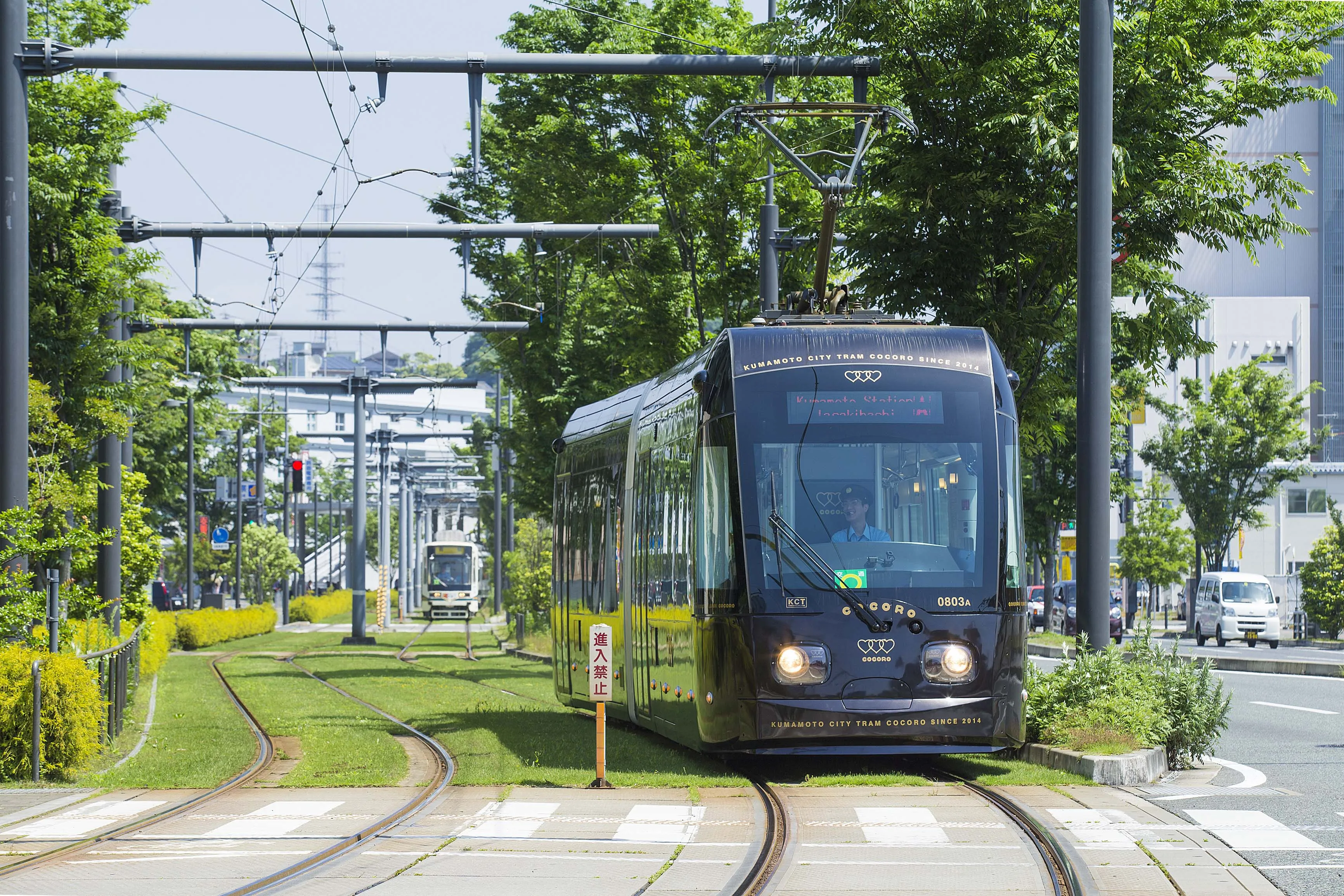
Cubic Transportation Systems (CTS) is to provide a national ticketing solution for Waka Kotahi New Zealand Transport Agency (NZTA).
The deal follows a recent win with the agency for Sice, which is to provide a nationwide tolling back-office system.
When completed, CTS's system will cover 13 regions across New Zealand and enable more convenient travel on bus, rail and ferry services.
The solution is similar to ones that CTS has deployed in New York, London and Brisbane, and the company says it will "seamlessly integrate" with existing operators and authorities in each region.
The open loop set-up will allow contactless and smart device payments including Apple Pay and Google Pay.
“When we remove barriers and make public transport easier to use, we can improve safety and reduce road congestion and emissions,” said Yogesh Anand, Waka Kotahi NTS executive sponsor.
“We also understand that accessible and affordable public transport options are key to helping cities grow sustainably and become more liveable and connected.”
Simon McLevie, VP & managing director for CTS Asia & New Zealand, says: “We look forward to working with Waka Kotahi and the regional councils on enabling innovation in customer experience through easier payments for public transport that will improve the lives of all Kiwis.”
In a separate deal, CTS has been awarded an initial five-year deal by Transport Scotland to provide support, maintenance, modernisation and development services to ensure maximum availability of the the UK country's traffic systems.
CTS's relationship with Transport Scotland dates back to 1993, since when it has developed and maintained software relating to this contract.
The company will provide ITS web-based information systems and databases, and support ICT systems and IP communications-orientated computer systems to enable the collection and distribution of real-time traffic information regarding incidents on the Scottish trunk road and motorway networks.
Arcadis IBI Group will support CTS as part of the contract.









